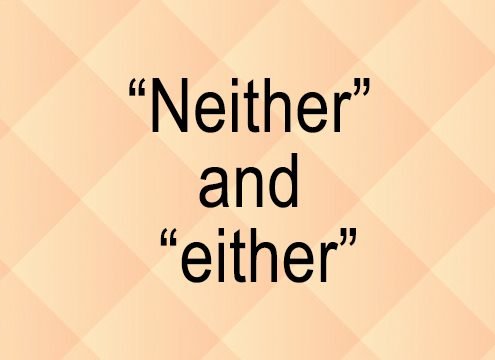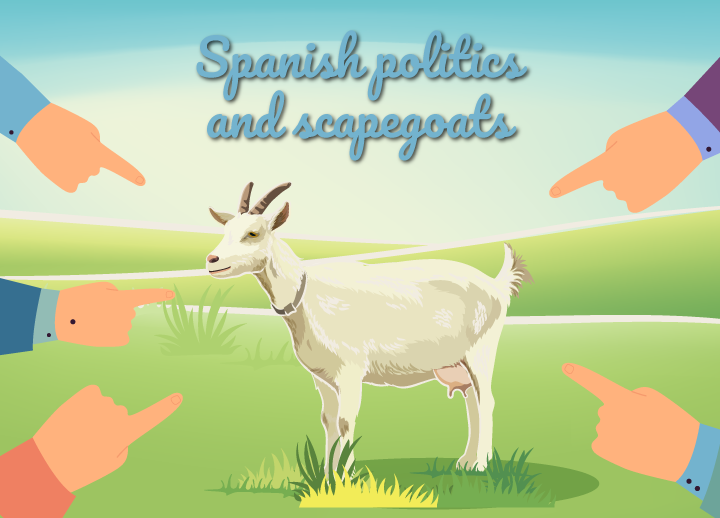Sometimes these words are confusing for Spanish speakers. Let´s start with three rules:
- Neither and either are only for two things or people.
- Neither is normally for negative
- Either is usually for positive
Let´s imagine the following. Your friend says to you: which opera would you like to go to in Santa Cruz, Mozart´s Wedding of Figaro or Bellini´s Norma?
In reply, you could say:
- Neither of them (ni a una ni a otra o ninguna de las dos), or better, “neither”. In English the best reply is the shorter option, so “neither”. Or you could say:
- “Either”. You also could say “either of the two, it does not matter” (la una o la otra, no me importa), but the context is clear so one word is enough.
Here is another example. Mr. Morales offers you a glass of Canarian wine or champagne. You could, in reply, say:
- Neither (ninguna de las dos bebidas) or
- Either (= I do not mind = no me importa).
Another example. Your friend says that he does not like Mr. Podemos. If you have the same view, you would say “neither do I” or (better) “I neither” (a mi tampoco), or you could say “I don´t like him either”. The better option is “I neither” as it consists of two words. Why use six or three words when two are enough?
Here are some more examples to help you understand the use of these words.
- Ricardo neither smokes nor drinks (ni fuma ni bebe). The structure is neither… nor…
- Would you like the Ferrari or the Porsche? “Neither”. Or you could say “either”.
Either and neither also work as adjectives. Look at these examples:
- Neither politician is for sale (ninguno de los dos políticos está a la venta).
- Either of the politicians can be bought, which means that both can be bought.










